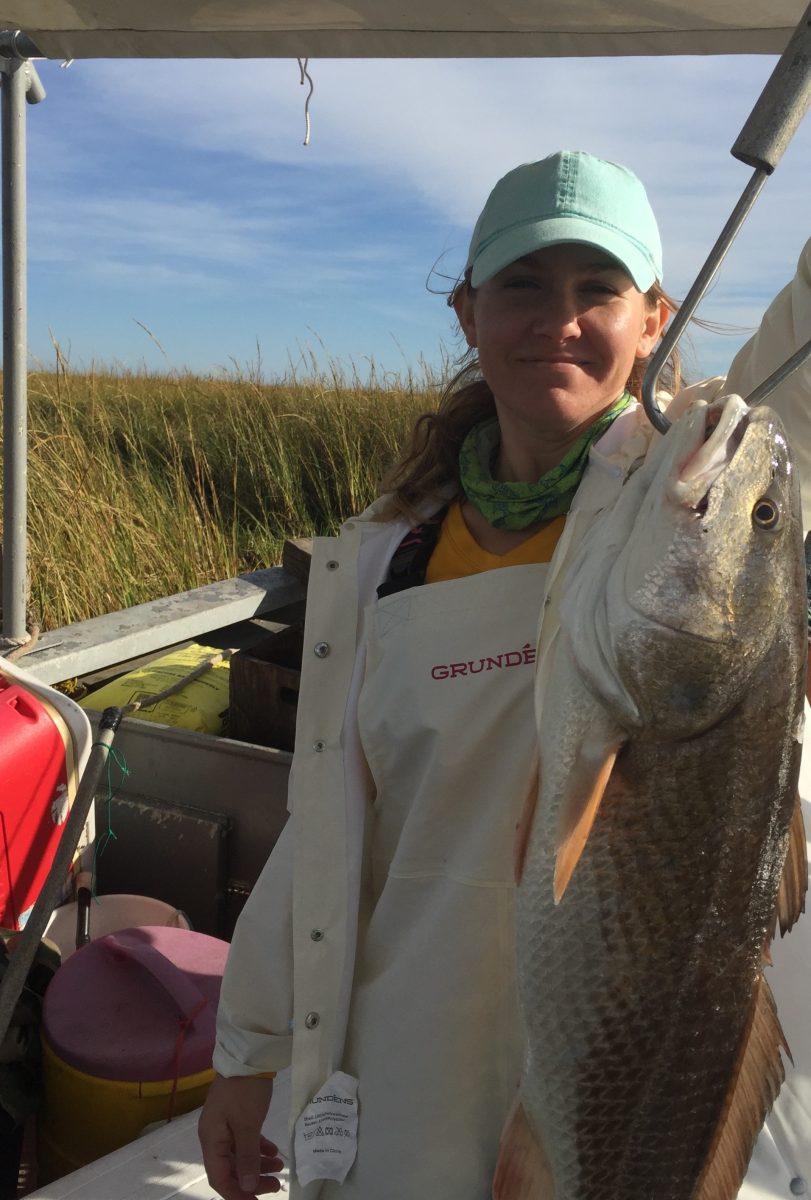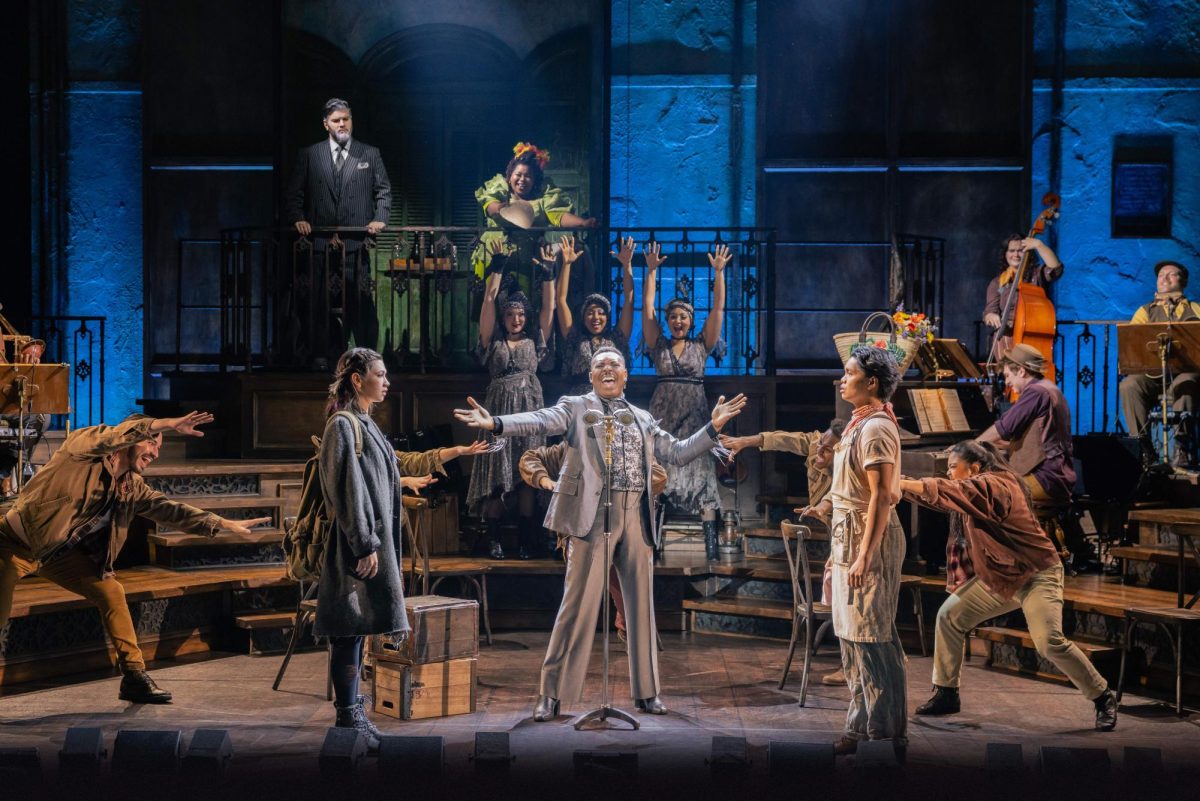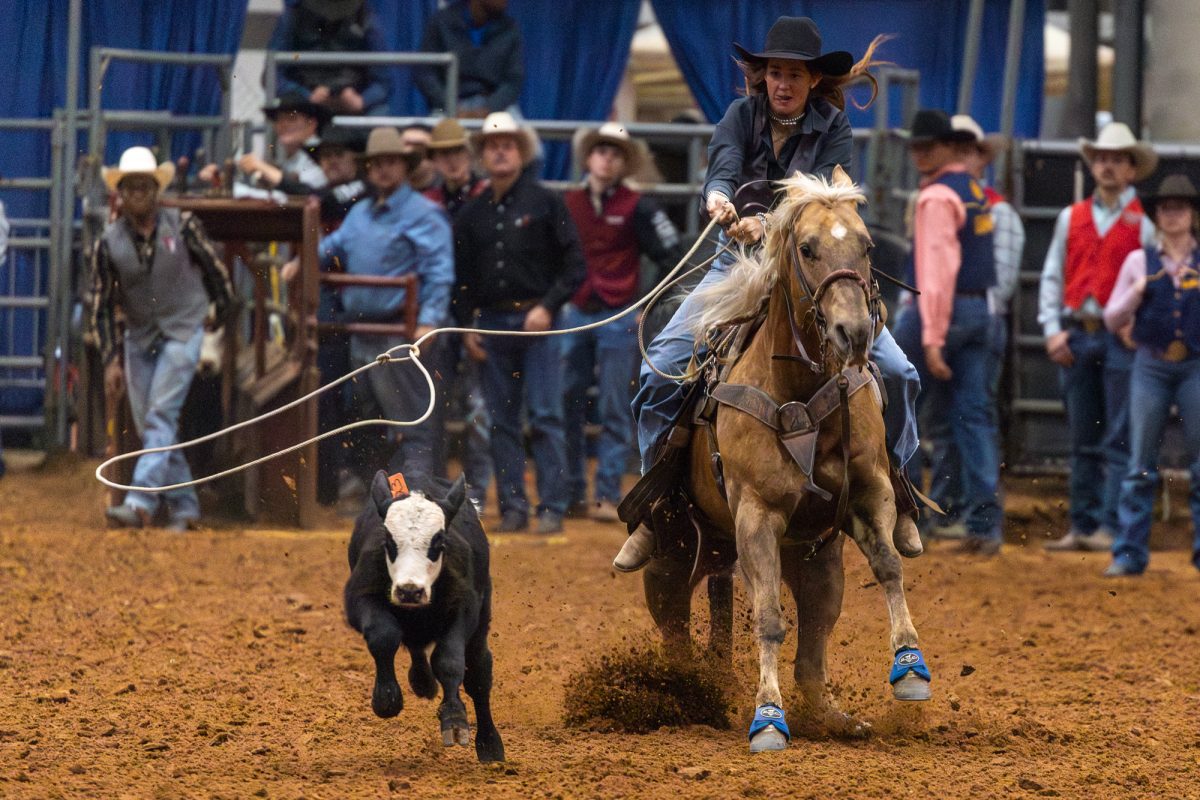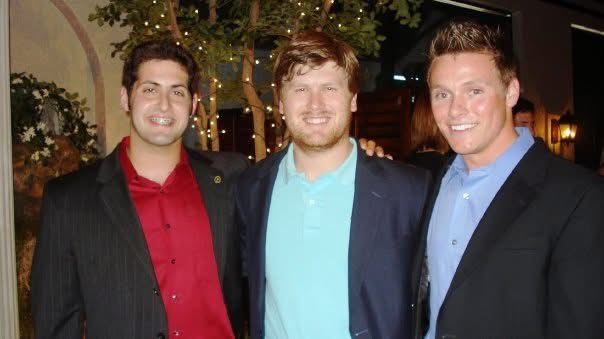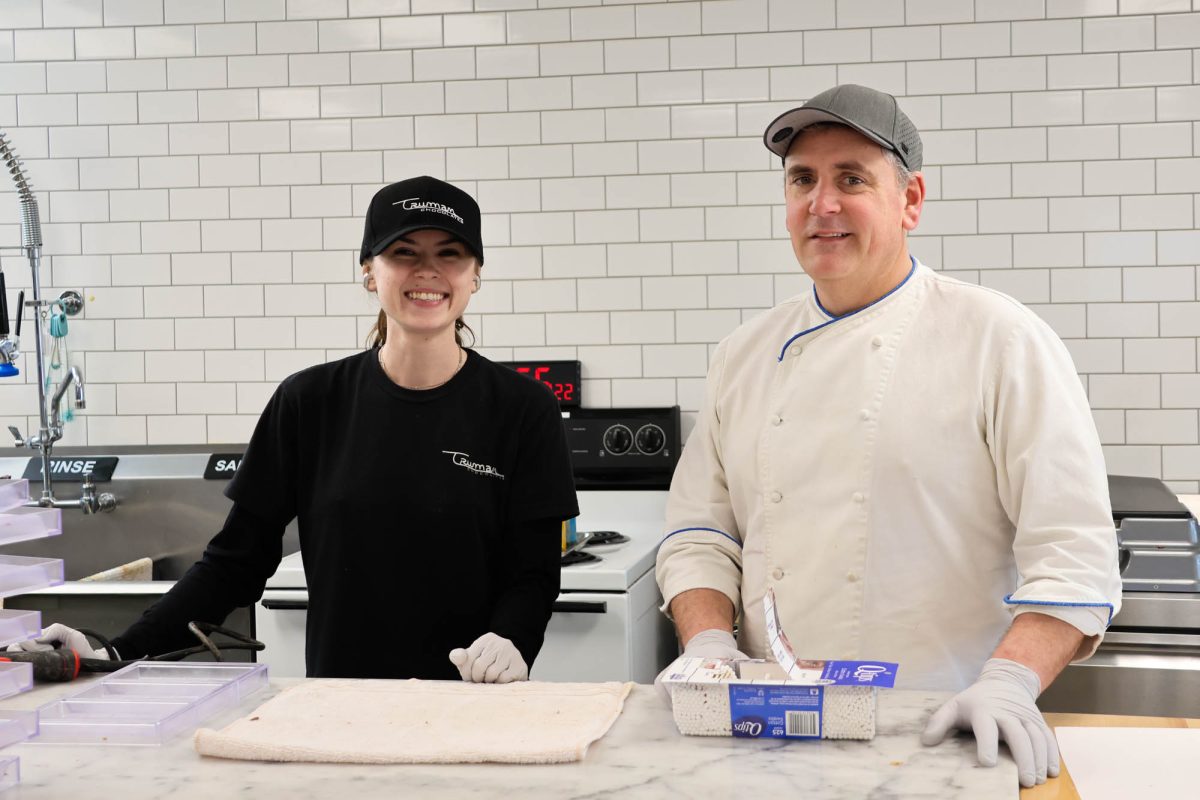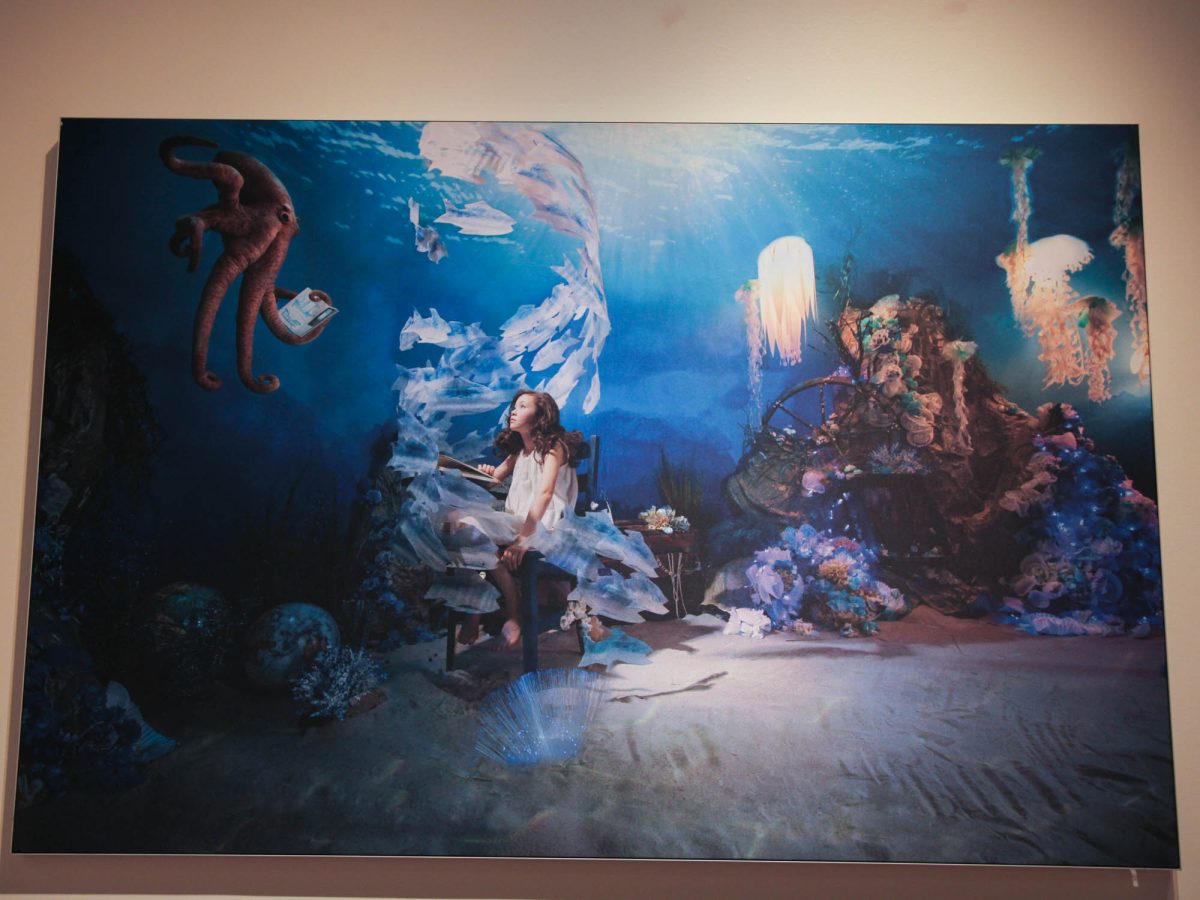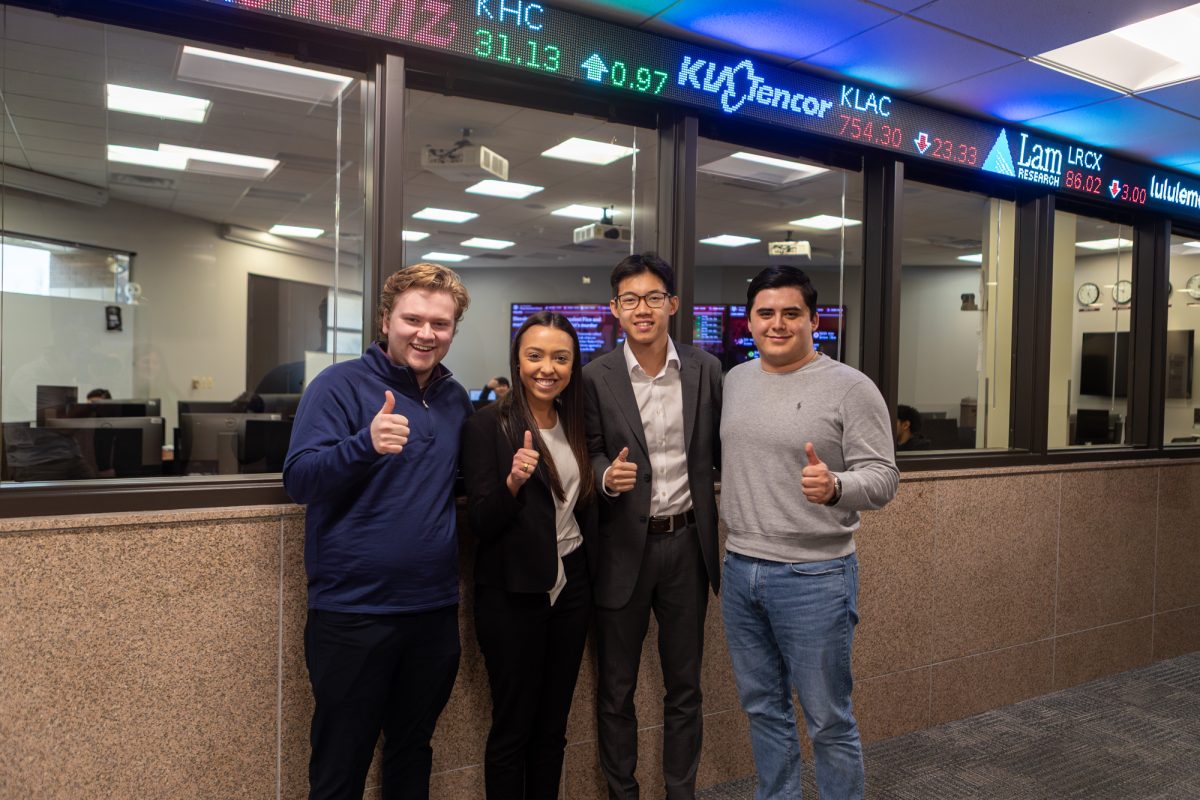Antarctica is the ultimate calling for many adventurers, but little is comforting about the continent at the southernmost part of the Earth.
Known for breaking the ice on climate change research, Antarctica offers a unique opportunity for scientists and serves as the backdrop for The Homeward Bound program, a groundbreaking leadership initiative aimed at breaking the ice for women who are making decisions that shape our planet.
Sara Stewart, a soon-to-be graduate student in marine biology at Texas A&M, is one of the 100 female scientists worldwide selected to be a part of The Homeward Bound program’s 2022 cohort expedition, HB7. Stewart is “seeking a more sustainable future” with like-minded, driven women, she said, even if that means traveling the globe to find it.
Homeward Bound, now a global initiative, aims to elevate the role of women in Science, Technology, Engineering, Math and Medicine by providing meaningful leadership opportunities, collaborative mentoring and invaluable experiences. As a social entrepreneur and leadership activist, Fabian Dattner was responsible for turning the idea of Homeward Bound into a reality. According to its website, Homeward Bound was a collaboration between Antarctic conservation biologist Justine Shaw, Antarctic marine biology associate professor Mary-Anne Lea and Antarctic marine scientist Jess-Melbourne Thomas. By coming together, they were able to garner support from numerous influential scientists, develop an excellent leadership team and launch the initiative.
“Homeward Bound is very unique,” Stewart said. “It’s a global leadership initiative aiming to give 10,000 women by 2036 the skills and will to lead with impact and influence for the greater good.”
Shaking opportunities loose from the frigid world of STEMM is challenging in whole, even more so for women. Consequently, generations of promising, young innovators and pioneers have steered clear of the seemingly unwelcoming alien field.
“There is a lack of women in leadership positions, compounded by a systematic bias that affects allocations of grants, responsibilities [and] promotions,” Stewart said. “This might be why so many women do not remain in their field.”
Rachel Villani, a wildlife graduate student at Louisiana State University, was selected for the HB5 Homeward Program expedition, an earlier cohort than Stewart’s.
Villani said she always had a fascination for wildlife and “loves the outdoors.” When looking for career opportunities after graduating from LSU, she came across the Homeward Project by surfing on the web. She was intrigued by the exciting and unique initiative that stood out like an iceberg.
“My entire work team is female, and that’s pretty cool,” Villani said. “I think it’s really cool that [Homeward Bound] is also geared toward female leadership, because there are even fewer opportunities for women.”
Villani said the program helped her discover her passions, motivations and what characterizes her as a leader. Due to COVID-19, Villani has not yet been able to put her skills to the ultimate test in Antarctica.
Similarly, Shannon Babb, who graduated from Utah State University, was also selected as part of the earlier cohort HB5. Babb said the members of her cohort were the “guinea pigs” of the earliest developing stages of the program, and has some concerns about the program pushing the girls onto the ice too soon before having a solid footing.
Although the Antarctic expedition was delayed by a year due to concerns and uncertainty, Babb’s desire to visit Antarctica has not melted. Antarctica is a barren, wintry nightmare to many, but for Babb, it is a land of hope and truth, a place of undisturbed life, free from domination and colonization.
“I was fascinated by the hydrology and ecology … that intermix that extremophiles live on the edge of,” Babb said. “I am looking at it as a place that tells us about the incredible endurance and resilience of life.”
Given Babb’s experience in these bare-boned expeditions, she recognized the social difficulties that may arise when there is no privacy, and no individual say within the crew. Babb’s hearing impairment — partially deaf — presents an onset of different challenges, yet she finds her power and poise within the silence. Learning not just to hear, but also listen to others, is an underestimated quality in respected leaders.
“Hearing and navigating the world as a disabled woman … I am lucky enough that I can fake being ‘normal’ because the type of hearing effect I have can be corrected with hearing aids,” Babb said.
Babb said the expedition is no joke on the human body and definitely not a journey for the faint-hearted.
“[This] particular voyage does have a massive amount of seasickness involved with it simply because it’s going through some of the most violent oceans on the planet,” Babb said. “When you are going to a place on the edge, one of the things you have to do is make sure that you are in good health both physically and mentally. [The] sun stresses your body in ways that you never would expect and ends up moving to a completely new rhythm. You are going to be in a community with a very small number of people, and that’s going to create social stresses that most people never expect when you don’t have enough space to always move away.”
Shannon Babb said the initiative is still a work in progress and has much more room to expand the diversity ofwomen. Babb said she looks forward to working in the fishery industry, among other inspiring women of all different walks of life. For women to continue to break through the ice, Homeward Bound must support all women, Babb said.
Antarctica means many things to different people whether it be a land of ultimate exploration or a barren, cold desert only suitable for penguins. Stewart said for her, Antarctica is the canary in a coal mine example of the need for global change.
“It will take us all out of our comfort zones,” Stewart said. “The raw landscape of Antarctica is an intense space for an introspective and reflective journey. By breaking us down and isolating us from our day-to-day lives, the Homeward Bound program provides the tools and the space to assess and identify these qualities in ourselves.”
Antarctica is the ultimate calling for explorers; an adventure and opportunity too hard to pass on. Carrying on a tradition born out of a profoundly human instinct to explore, for women like Stewart, being out there in the wild is to be in their element. Although the world’s most notable voyagers, the ones who got the most attention, have historically been men, with opportunities like Homeward, that pattern is changing.
Stewart said she has to raise a good chunk of money for this expedition to secure her place on this Homeward Program by March 2022. Luckily, through tech-savvy crowdsourcing and donational support from A&M, she has at least one foot in the door.




